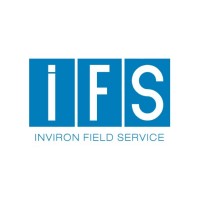Connecting Healthcare Systems with Artificial Intelligence
The integration of health networks with artificial intelligence (AI) is a rapidly growing area of research and innovation. This integration has the potential to revolutionize the way healthcare is delivered, making it more efficient, effective, and patient-centered.
Advantages of Combining Healthcare Networks with Artificial Intelligence
The integration of health networks with AI can bring numerous benefits, including improved patient outcomes, enhanced clinical decision-making, and optimized healthcare resource allocation.
How does it function?
AI-enabled health networks were able to analyze vast amounts of data, recognizing patterns and trends that could guide healthcare choices. To illustrate, AI was able to forecast mortality rates, pinpoint high-risk patients, and streamline treatment protocols.
What needs to be overcome
One of the biggest challenges is ensuring the security and privacy of sensitive patient data. Additionally, there may be concerns about job displacement as AI takes over certain tasks, and there are ethical considerations around who should make decisions using AI.
To overcome these challenges, it is essential to establish clear regulations and standards for the use of AI in healthcare, ensuring the protection of patient data and ensuring that AI decision-making is transparent and explainable.
Health Network Applications
The applications of AI in health networks are numerous, including: medical imaging analysis, patient risk stratification, disease diagnosis, treatment planning, and population health management.
The integration of health networks with AI has the potential to transform healthcare, improving patient outcomes, reducing costs, and increasing efficiency. However, it is crucial to address the challenges and ensure the responsible use of AI in healthcare.

